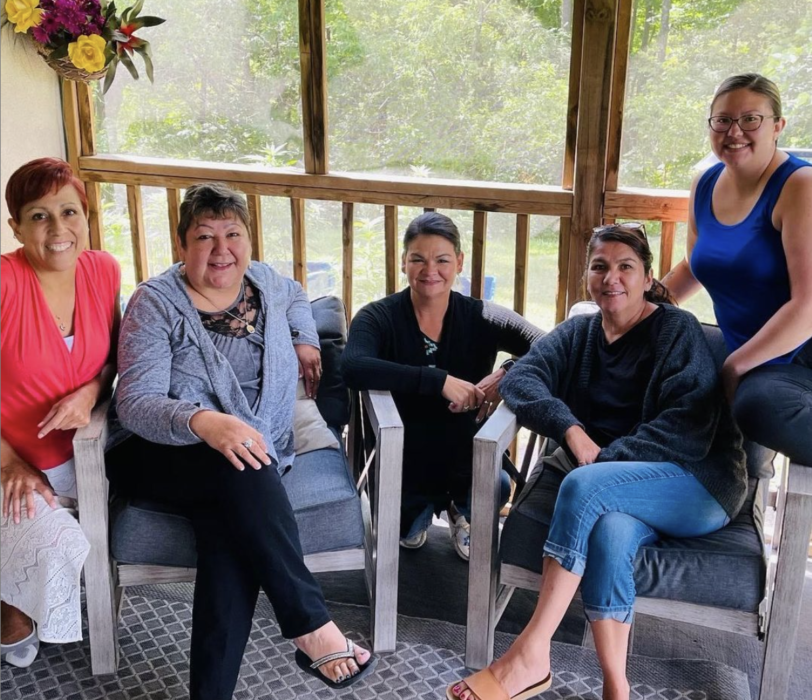
SIX NATIONS — Colleen Montour and Michelle Jonathan are working to bring health care home to Six Nations.
With dreams of improving the quality of health care on Six Nations, both women, who work in medical radiation and nuclear medicine, created a grassroots organization called Haudenosaunee Health Services, which has now implemented a mentorship program to guide Six Nations people aspiring to enter the health care field.
Encouraging more Indigenous people to work in the health care field is one important way to encourage reconciliation with the government and Indigenous people, says Montour.
There are six “calls to action” in the Truth and Reconciliation Report with respect to health care and Indigenous people. Released in 2015, the truth and reconciliation report is a final summation of a years-long national inquiry into residential schools in Canada with 94 recommendations to help address the harmful legacy of residential schools on Indigenous people.
Calls to action 18 to 24 specifically focus on the health of Indigenous people, who face more negative outcomes in all areas of physical and mental health compared to non-Indigenous people in Canada.
Indigenous people across the country face higher rates of addiction, heart disease, infectious diseases such as tuberculosis and HIV, diabetes, mental illness, and infant mortality than all other demographics.
The calls to action seek to close the gaps in the health status of Indigenous people and specifically, recommendation 23 seeks to increase the number of Indigenous people working in health care fields in Canada.
Montour says it’s important for Indigenous people to see a familiar face in a health care setting and can increase levels of comfort while accessing care off-reserve.
It’s also important to educate off-reserve health professionals, as Montour recalls a specific instance of racism directed toward her when she worked as a medical radiation technologist off-reserve.
It was April 20, 2006, the day of the infamous OPP raid on a sleeping camp of Six Nations people at a former housing development in Caledonia when a physician made remarks to her about burning tires all night, which caught her off-guard.
Everybody should be treated equally in the health care setting, she says.
Six Nations has its own government-funded health care centre, but Hauenosaunee Health Services is looking to complement the services offered there with the hope of one day building a diagnostic imaging centre on the reserve.
Until the day that lofty goal is achieved, the two women are working with Six Nations physicians Dr. Amy Montour and Dr. Karen Hill to offer mentorship to Six Nations people pursuing careers in the health care field.
While their journey started with the goal of bringing a diagnostic imaging to the community, they realized that they needed to promote and encourage more Six Nations people to enter the health care field.
The current pandemic has made the team at Haudenosaunee Health Services realize even more how important it is to have accessible health care for Six Nations people.
Montour says that the distrust of government has played a role in vaccine hesitancy and lower vaccination numbers on the reserve compared to provincial vaccination rates.
“It is definitely a personal choice,” she says about vaccines, but she wants community members to know that “COVID is real” and encourages residents to take measures to prevent the spread of the virus if they’re hesitant about getting vaccinated.
Less than 50 per cent of on-reserve residents have received two doses of a COVID-19 vaccine, compared to almost 80 per cent off-reserve.
In the meantime, Haudenosaunee Health Services is encouraging people to take up an interest in a health career for an eventual “return home” to bring quality care back to the community.
Anyone interested in learning more about Haudenosaunee Health Services is encouraged to follow them on Facebook and Instagram (Haudenosaunee Health Services) and watch their progress in bringing quality health care home to Six Nations.






